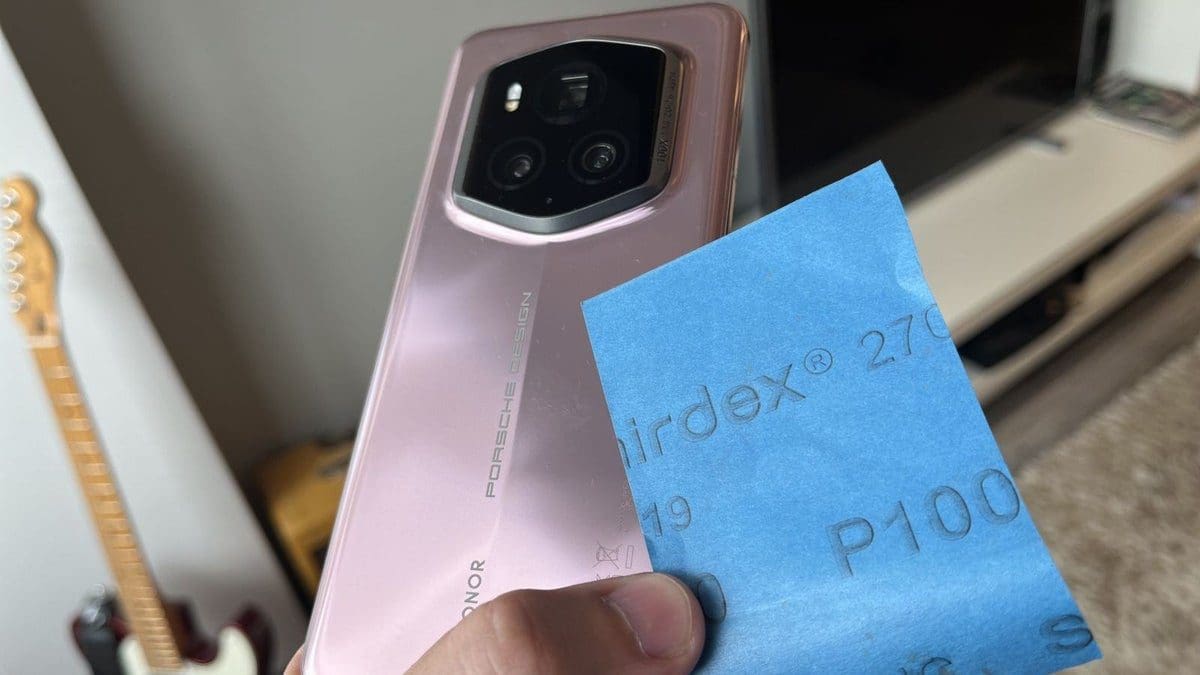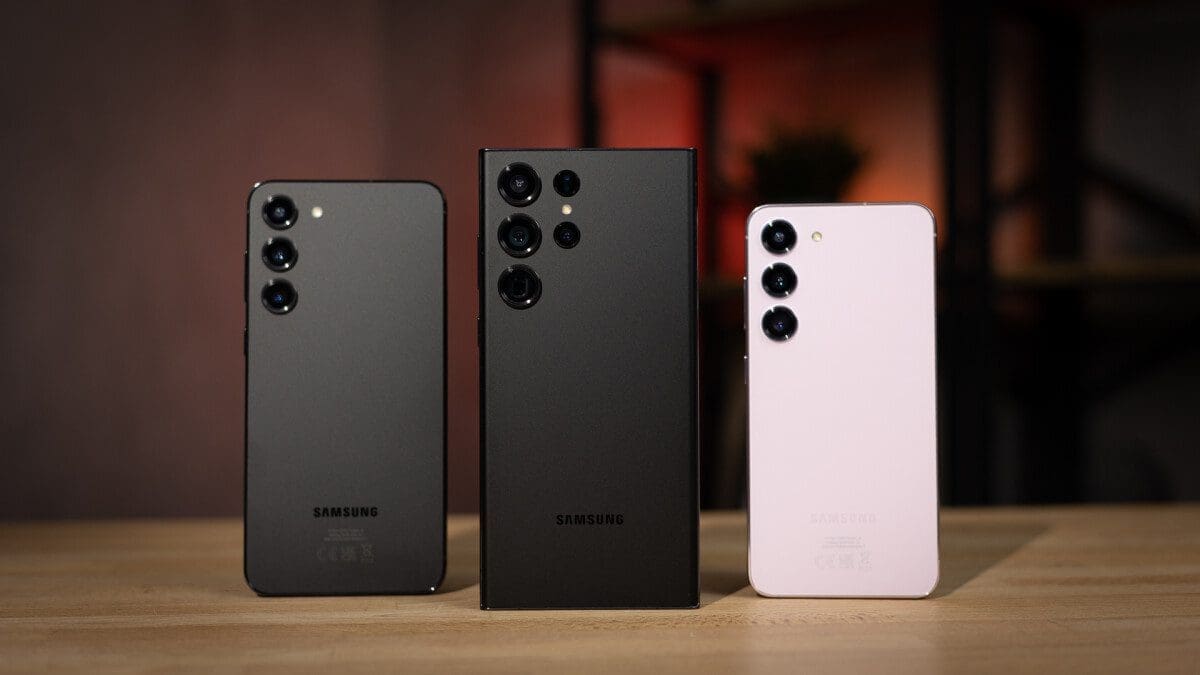Introducing Extreme Ultraviolet Lithography (EUV) Machines: The Future of Chip Manufacturing
When it comes to cutting-edge technology in the world of chip manufacturing, one name stands out – Dutch firm ASML. They are the sole producers of the massive EUV machines, each as big as a school bus, that play a crucial role in etching intricate circuit patterns onto silicon wafers. These patterns, thinner than a human hair, are essential as chips continue to shrink in size and pack billions of transistors.
The latest innovation in this field is the High-NA EUV machine, designed to facilitate the creation of chips using a 2nm process node and even smaller. Intel made headlines last year by becoming the first company to acquire this $400 million machine. They plan to utilize it for producing chips using their cutting-edge 18A (18 angstroms) 1.8nm process node starting next year, marking a significant step forward in chip manufacturing technology.
By investing in this state-of-the-art equipment, Intel is positioning itself as a leader in semiconductor technology once again. With TSMC and Samsung Foundry expected to reach the 2nm milestone by next year, Intel’s focus is on mastering the High-NA EUV machine for flawless high-volume production with their upcoming 14A (1.4nm) process node set to debut in 2027.
The importance of advancing chip manufacturing technology cannot be overstated. As transistors become smaller with each new process node, chips become more powerful and energy-efficient. Take Apple’s SoCs for example – from the A13 Bionic with 8.5 billion transistors powering the iPhone 11 series in 2019 to the upcoming A17 Pro with an astounding 19 billion transistors for the 2023 iPhone models.
Intel’s acquisition of ASML’s Twinscan EXE:5000 High-NA EUV machine was no small feat – delivered in 250 crates weighing a total of 330,000 pounds! Now installed at Intel’s fab, it will take months of meticulous work by ASML and Intel engineers to ensure seamless operation. The machine’s enhanced capabilities allow for transistor production that is 1.7 times smaller, tripling the transistor density on each chip.
With orders pouring in from industry giants like TSMC, Samsung Foundry, and SK Hynix, ASML’s High-NA EUV machine is set to revolutionize chip manufacturing as we know it. Stay tuned for more updates on how this cutting-edge technology will shape the future of telecommunications and beyond!










